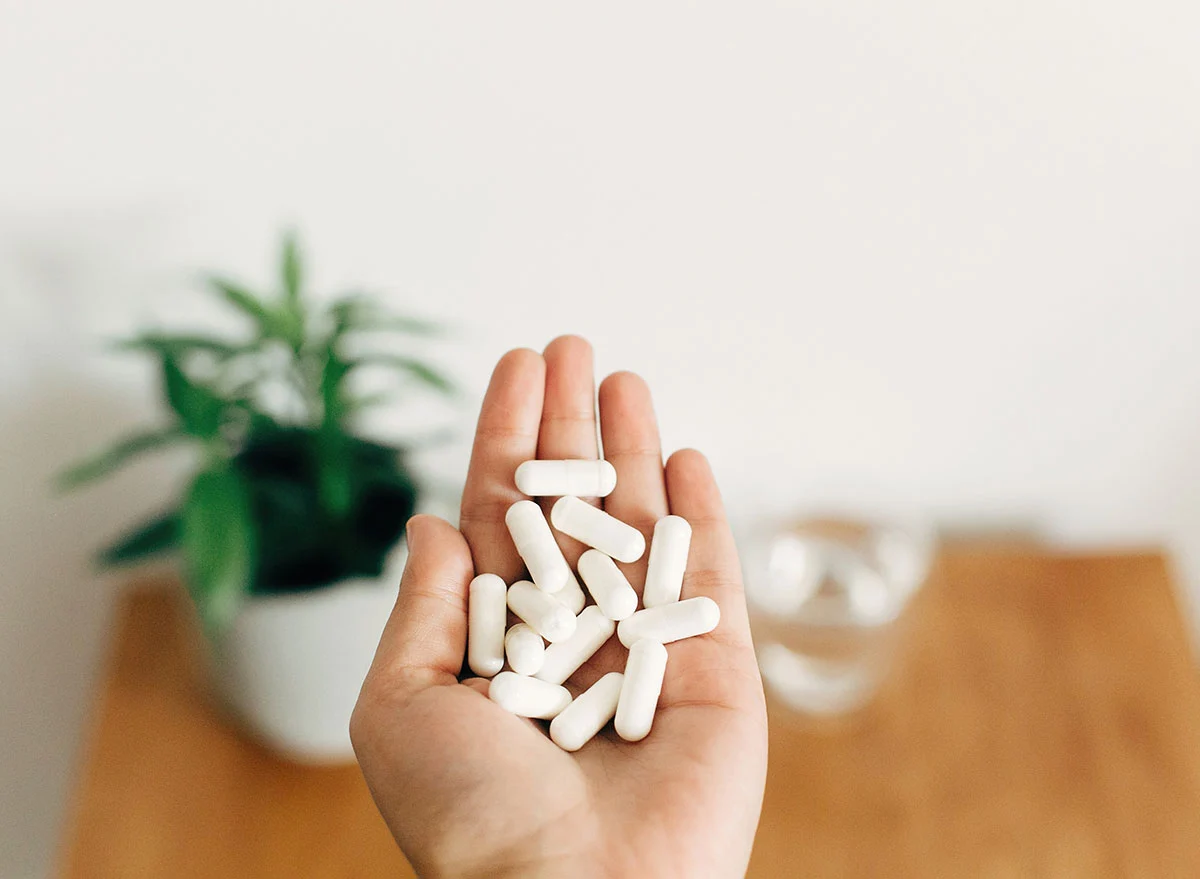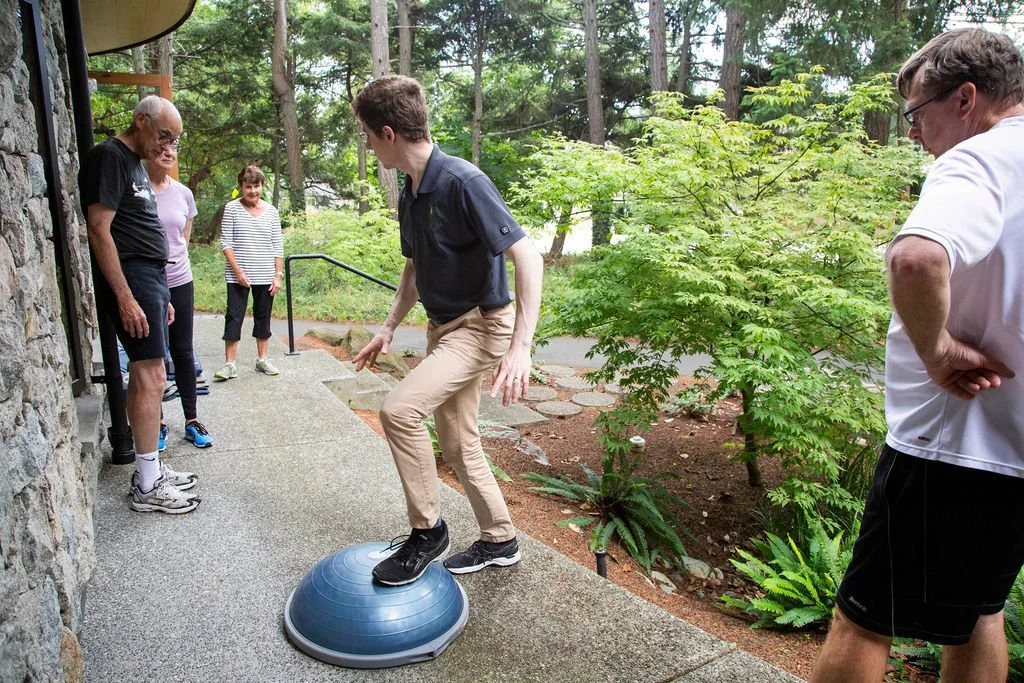What’s Causing the Rise of Mood Disorders in Young People?
Seven ways to support your teen or young adult’s mental health
As we grow older, many of us have the tendency to idealize our childhood as a carefree, exploratory time, with few responsibilities or consequences.
Whether that view of our youth is true or not, North American statistics are trending towards the opposite. A recent study released by Statistics Canada showed that over 11 per cent of Canadians aged 15-24 have experienced an MDE (major depressive episode) at some point in their lives. They are the demographic with the highest incidence of mental health disorders in North America.
The number appears to be rising, as well: a U.S. study showed a 37% increase in mental health issues in young people between 2005 and 2014. Scarier still? Suicide is the second cause of death for kids in this age bracket.
So what’s causing poor mental health in our teens and young adults? And, more importantly, what can we do to help?
Diet: Eat to reduce inflammation
An inflammatory response in our body and brain is largely due to the dysregulation of stress hormones, infections, environmental toxins and a diet rich in trans fats and sugar.
Canadian researchers found that a protein known to be a marker of inflammation was up to a third higher in the brains of depressed patients compared to healthy ones. Those with the most severe forms of depression also had the most inflammation.
The current SAD (standard American diet) is full of hidden sugars, allergens, and food stripped of its nutrients due to over-farming… all things that cause massive amounts of inflammation in the body. Try to encourage your kids towards a nutritious, balanced diet if you can.
Healthy gut, healthy brain
On the subject of what we’re eating, our gut, or gastrointestinal (GI) system, is intimately connected to our brain. Just as emotional situations can cause feelings in our stomach (think about feeling butterflies, or feeling nauseous when we’re nervous), what’s going on in the gut can cause an emotional response.
In fact, did you know that 85% of our “happy hormones”, like serotonin and dopamine, are produced in our gut? Also, 80% of the immune system’s tissues are located in our gut.
“If our GI system isn’t healthy, it won’t produce enough of the hormones we need to moderate our mood.”
This is why it’s vitally important that we sustain a healthy gut flora. If our GI system isn’t healthy, it won’t produce enough of the hormones we need to moderate our mood. Advise your kids to go easy on sugars, or allergens like wheat, dairy, corn or soy, so their gut - and brain - can perform optimally.
Encourage an active, screen-free lifestyle
For teens and young adults, too much screen time and exposure to social media can be like poison. As the brain develops it requires real-life social interaction and engagement, not 2D moderated interaction.
The isolation of staring at a screen all day, combined with the social pressure and downright bullying that happens on various social media platforms, make technology a bit of a lethal combo for a young person with a mood disorder - or on the verge of developing one.
Happiness studies have shown that a sense of community is crucial to living a happy, fulfilling life. So encourage your kids to get outside, see their friends in person, engage with their family, read, write (on paper!) and play sports.
“Happiness studies have shown that a sense of community is crucial to living a happy, fulfilling life.”
Get help from an expert
If you suspect your child is struggling with their mental health, I highly recommend visiting a professional - be it an MD, and ND, or a counsellor - who can make suggestions for your unique situation. They will also likely check your child for mineral and vitamin deficiencies, as well as underlying hormone imbalances which can lead to changes in our brain chemicals and lead to mood disorders.
Six supplements to help balance mood
5-HTP may help to increase serotonin synthesis as depression and anxiety have been linked to serotonin imbalances in the brain
Passionflower is known as a “calming” herb for anxiety, insomnia, generalized anxiety disorder, and ADHD
Probiotics will restore imbalances in the microbiota in the gut that can negatively affect brain function
B vitamins, especially B12, B6, B5 and folic acid, as these are often low in people with anxiety and depression
Omega-3 fatty acids decrease the inflammatory response in the body, which seems to be an underlying cause of depression and anxiety.
Offer love and compassion
More than anything, if you suspect your teen or young adult is suffering, a little love and compassion can go a long way. It’s hard enough to be a teenager, but nowadays kids and young adults are contending with a complex world - and a level of mental ill health we’ve never seen before. Try to be patient with them, and give them the support they need.
At Tall Tree Health, our natropathic doctors focus on understanding the root of a problem or underlying issue to create personalized client plans. They are trained to assist you with mental health issues including anxiety, depression and insomnia, with the goal of helping you find long-term solutions.




































